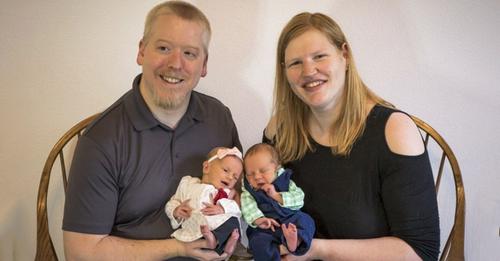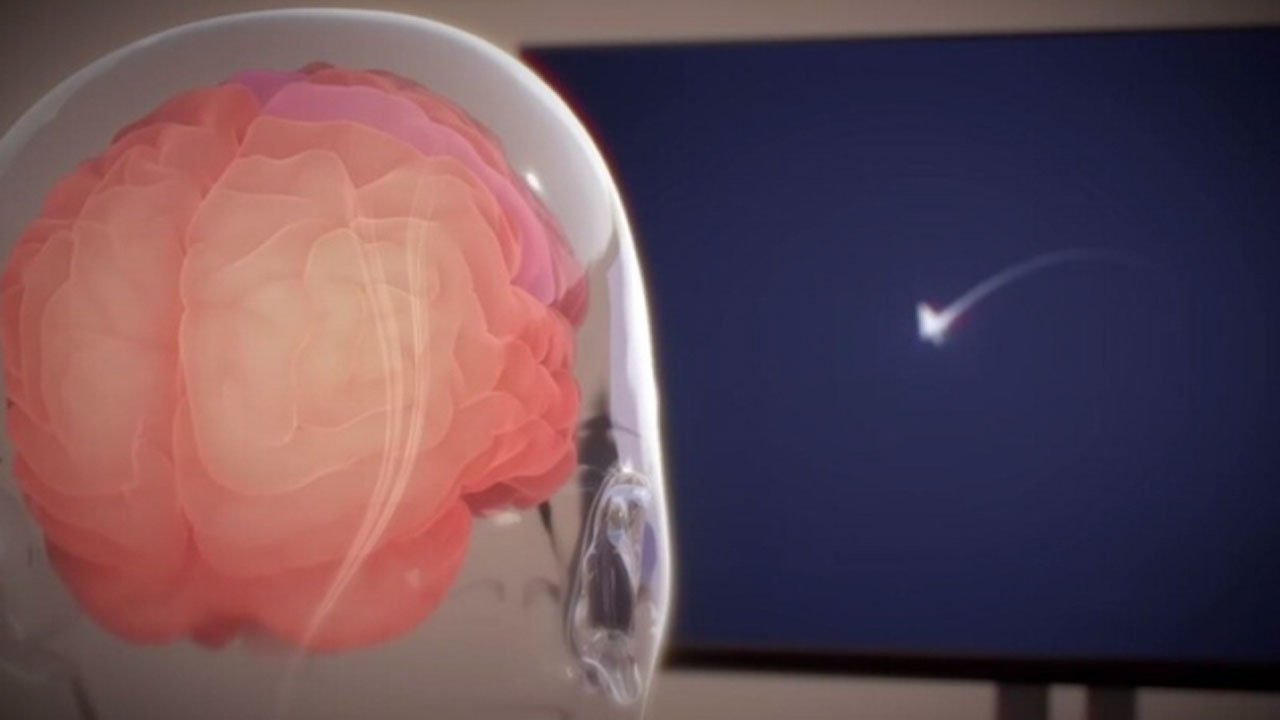First U.S. Court Ruling “Frozen Embryos Are Also Fetuses” It Affects Abortion Ban?

Amid the ongoing legal conflict over abortion rights in the United States, a state court ruled for the first time that frozen embryos (fertilized eggs) created for in vitro artificial insemination (IVF, test tube fertilization) should be considered fetuses.
Accordingly, concerns are rising that even in vitro artificial insemination, which is used by hundreds of thousands of infertile couples every year in the United States alone, may be subject to legal punishment if embryos are discarded, and the issue of abortion is expected to become even more heated ahead of the presidential election in November.
According to the US daily Washington Post (WP) on the 19th (local time), the Alabama Supreme Court ruled on the 16th that frozen embryos are also fetuses and that there is legal liability if they are disposed of. This ruling overturned a lower court ruling that dismissed the lawsuit on the grounds that the embryo did not meet the definition of a child and is said to be the first ruling recognizing a frozen embryo as a fetus.
WP reported that it was an “unprecedented” and “first-of-its-kind” ruling. Anti-abortion activists and lawmakers have attempted to make embryo disposal illegal, but high courts in other states have never ruled in this direction, the WP explained. In Alabama, where this ruling was made, a bill granting full personality rights to fetuses was passed in a referendum in 2018, but the bill did not directly mention frozen embryos. However, after the Supreme Court’s 2022 ruling to abolish abortion rights, a near-total abortion ban is in effect in Alabama.
The issue in this case was whether a patient who accidentally dropped and destroyed another couple’s frozen embryos could be held legally responsible for death due to tort. In response, the Alabama Supreme Court stated that “an unborn child is also a child,” and that this is also true about frozen embryos.
The court wrote in its ruling that frozen embryos should receive the same legal protection as babies under laws related to the death of minors due to illegal acts, saying, “This applies without limitation to all children, born or not.”
In particular, Alabama Supreme Court Chief Justice Tom Parker cited the Bible in his supplementary opinion and argued, “All human lives bear the image of God even before birth, and their lives cannot be destroyed without erasing the glory of God.”
He emphasized, “If human life is unjustly destroyed, it will inevitably incur the wrath of the divine God, who considers the destruction of the image he created to be an insult to himself.” In the case of Kansas, the state considered enacting a law banning embryo disposal, but the bill was scrapped in the relevant committee. As a result, Alabama now accounts for nearly half of the nation’s pregnancy-related criminal cases, according to abortion rights advocacy groups.

Regarding this ruling, there are concerns from abortion rights supporters as well as the medical community that it could have a negative impact on in vitro artificial insemination procedures.
The Alabama Medical Association warned in a briefing that this ruling could increase the risk of lawsuits related to in vitro artificial insemination, which could lead to higher costs for the procedure or cause fertility clinics to close or move out of the state.
Dana Sussman, an executive at an abortion rights advocacy group, explained that in order to maximize the chances of pregnancy during in vitro artificial insemination, as many embryos as possible are created and stored frozen to enable multiple attempts at pregnancy.
Therefore, if pregnancy is successful, a choice must be made as to what to do with the remaining embryos, and the parents or medical institution that disposes of the embryos may be held liable for punitive damages under this ruling.
Kelly Baden, deputy director of the Germmarker Institute, an abortion rights advocacy research organization, said the ruling shows that the broad scope of the Supreme Court’s decision to abolish abortion rights allows judges and lawmakers to expand the scope of restrictions beyond abortion.
“It remains to be seen how much further state governments and courts can go,” he added. In response, the Alabama Department of Justice stated that it is its duty to provide unborn life with exceptional legal protection and that it is up to the legislature to address related concerns.
See More:
Putin Begins A New Love Affair With A Blonde Woman 32 Years His Junior
Zenbook Duo: A Double Folding Laptop Has Arrived! A Step Above Samsung?




Leave a Comment